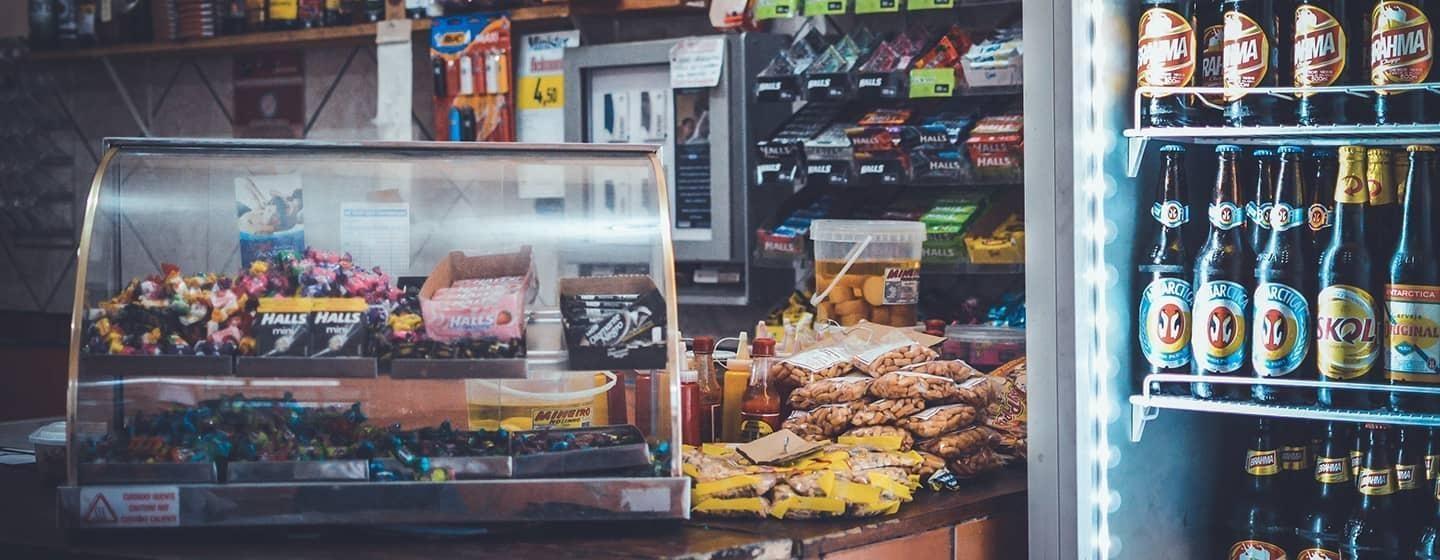Science Tells Us What Wins the Snack Wars (Hint: You’re Not Off the Hook)


How many times has this happened to you?
You’re a little hungry, but don’t want to eat a lot because dinner isn’t too many hours away. You dash into the kitchen, or into a convenience store if you’re on the road. You spot fruit on one shelf and a candy bar or cookies on another shelf not far away.
You grab the sweets.
AARRRGH. Diet damaged. But don’t beat yourself up too badly.
Yep, you could blame poor self-control because, admittedly, that is part of the reason you chose the sweets. However, new research out of Duke University shows that our brains process taste information first before then factoring in health information.
“We spend billions of dollars every year on diet products, yet most people fail when they attempt to diet,” said Scott Huettel, a professor of psychology and neuroscience at Duke and a co-author on the study. “Taste seems to have an advantage that sets us up for failure.”
Here’s the problem. Huettel adds the findings show that for many people, health information enters the decision process too late (relative to taste information) to help with the choice of a healthier option.
“We’ve always assumed people make unhealthy choices because that’s their preference or because they aren’t good at self-control,” said study co-author Nicolette Sullivan, assistant professor of marketing at the London School of Economics and Political Science. The project was started when Sullivan was a post-doctoral association at Duke.
“It turns out it’s not just a matter of self-control. Health is slower for your brain to estimate – it takes longer for you to include that information into the process of choosing between options, ” adds Sullivan.
79 young adults (median age 24.4) were recruited for the study. They were asked to fast for four hours before the experiment to make sure they were hungry.
Then came the tough choices.
Participants were asked to rank snack foods on tastiness, healthfulness and desirability. Researchers then presented the subjects with pairs of foods and asked them to choose between then. Those choices were timed.
At the end of the experiment, participants were offered one of the foods they had chosen.
It turns out participants registered taste information about 400 milliseconds into the decision process. It took the group twice as long to factor into the decision process any information about a snack’s healthfulness.
That may not sound like much time, but it’s enough to alter a decision.
“Not every decision is made quickly – house purchases, going to college – people take time to make those choices,” Huettel said. “But many decisions we make in the world are fast – people reach for something in the grocery store or click on something online.”
The authors say their findings could apply to other choices we make, including saving and spending choices.
But let's go back to the diet battles.
The study found all is not lost when it comes to snacking.
Half of study participants received a short reminder about the importance of healthy eating just before the experiment. Those participants were less likely to choose an unhealthy snack.
The authors also identified a simple way help people with food choices. Slow down the decision making process. Participants made healthier food choices when they took longer to consider their options.
Bottom line for healthier eating and even saving money: slow down and think about it.
The study appears in the July 5, 2021 issue of Nature Human Behavior.